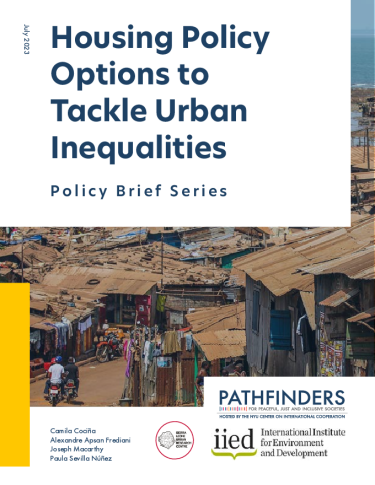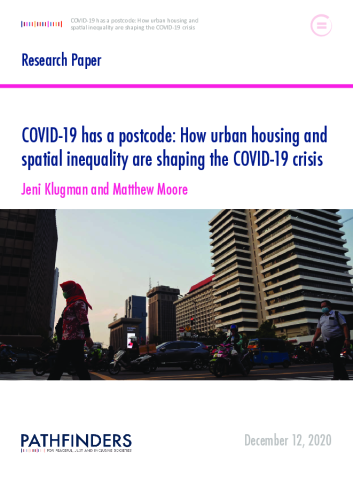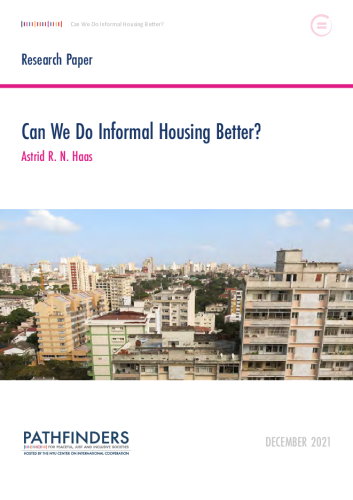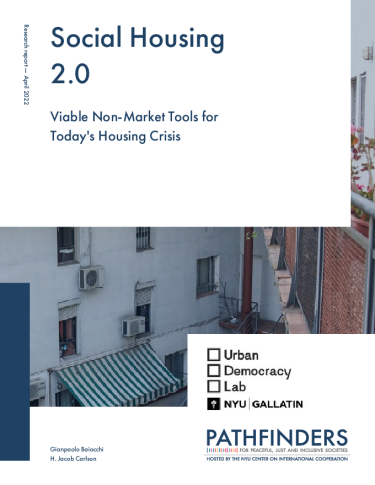Across the world, people are calling for action to ensure their right to affordable, adequate, and secure housing and to the city.
The housing crisis is affecting cities ranging from San Francisco in the United States to Accra in Ghana, as most housing frameworks fail to respond to the growing demand for affordable and adequate housing, and the housing sector becomes increasingly financialized, treating housing as a commodity rather than a human right.
Access to adequate housing and having a home “is key to advance people’s capabilities to live a dignified and flourishing life.” Yet, even as the COVID-19 crisis unfolded, societies have failed to provide minimum protection to residents, as continuing evictions and inadequate responses to people’s housing needs and aspirations deepen housing injustices and hamper our ability to build more inclusive and equal societies. Reversing this trend of growing inequalities in housing provision is an ambitious goal that requires new approaches to policy making and implementation, and rethinking the relationship between the different actors involved in society, from the government, to the private sector, and centrally, to citizens and communities themselves.
The issue of access to adequate housing is of particular urgency in Africa, which is currently undergoing “the most rapid urban transition that we have yet experienced in history.” Sierra Leonean cities are an example of such concerns—migration to urban areas and limited planning, paired with low-incomes and informal jobs leave many households in conditions of housing insecurity, which are often tied to vulnerability to demolition or climate-related events such as floodings.
The briefs elaborate on six key themes in housing policy, providing examples of innovative approaches and possible entry points to deliver equitable and inclusive outcomes:
- Policy frameworks and reforms to tackle housing inequality
- Governance approaches to equitable housing
- Participation in equitable housing development
- Access to land to provide equitable housing
- Housing finance
- Local building materials for housing developments and the construction sector
The key themes were identified collectively between Pathfinders, IIED, SLURC, and the government of Sierra Leone. While they were designed to respond to the priorities and concerns in the Sierra Leonean context, the discussion and recommendations will hopefully prove useful for actors working in urban development and housing justice in other parts of the world.



